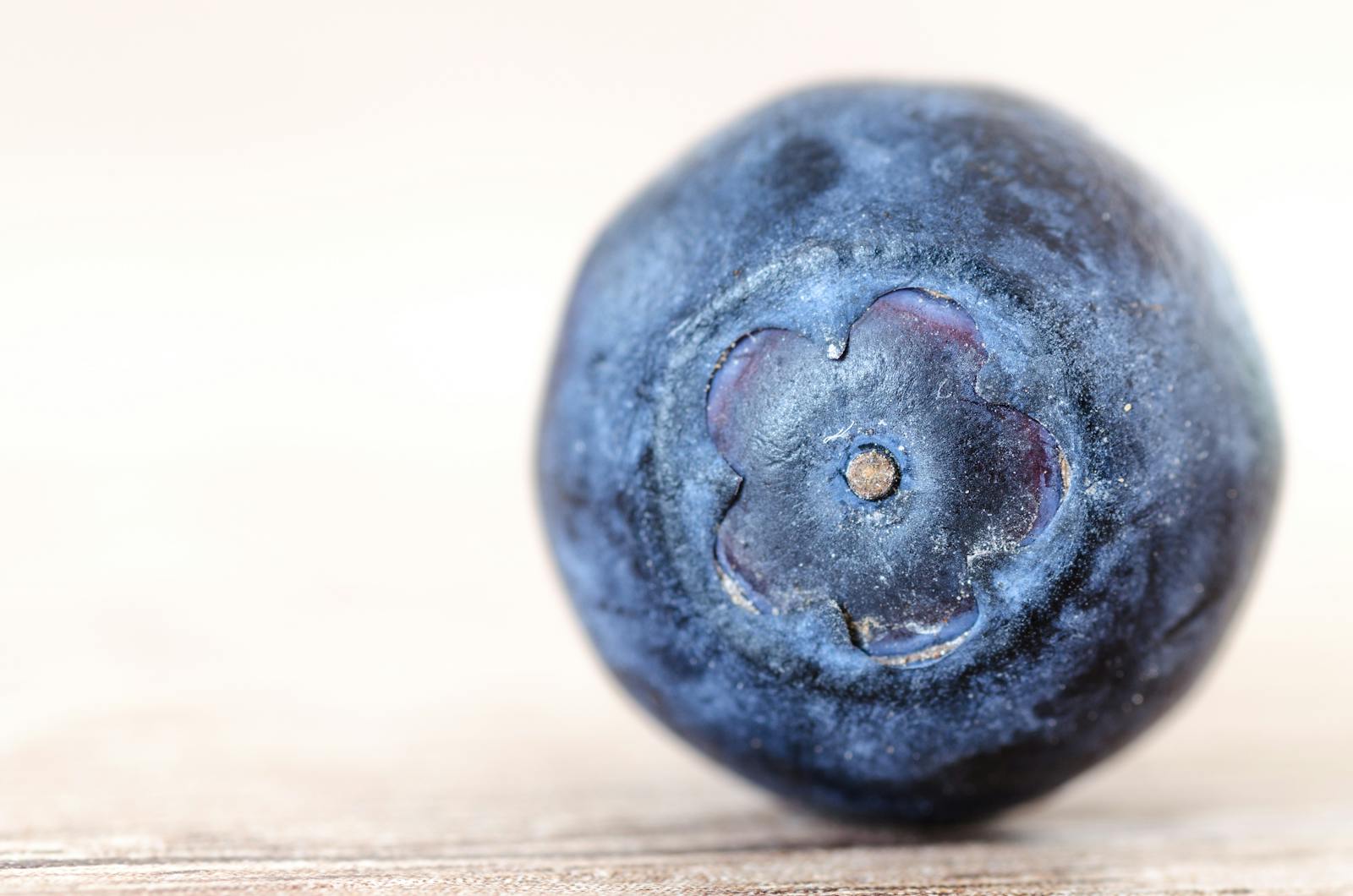
Hey there! It’s been quite a ride juggling work and personal life lately. I mean, one minute you’re trying to meet deadlines, the next you’re planning a vacation or just trying to get through the week without losing your mind. Amidst all this chaos, it’s easy to overlook something as basic as what we put into our bodies. But hey, that’s where the magic of nutrition & supplements comes in.

First things first, let’s talk about why focusing on nutrition & supplements is so important. In today’s fast-paced world, it’s not always easy to maintain a balanced diet. We might find ourselves reaching for quick, processed meals that don’t offer much in terms of nutrients. This is where supplements can step in to fill those gaps. They can provide essential vitamins, minerals, and other nutrients that our diets might be lacking.
Now, I’m not saying you should replace whole foods with pills. Whole foods are still the best source of nutrients because they come packaged with fiber, phytochemicals, and antioxidants that work together to support good health. However, supplements can be a useful tool to ensure you’re getting everything you need, especially if you have specific dietary restrictions or health concerns.
For instance, if you follow a vegan or vegetarian diet, you might want to consider supplementing with vitamin B12, which is primarily found in animal products. Similarly, if you live in a region with limited sunlight exposure, you might benefit from taking vitamin D supplements to help maintain strong bones and a healthy immune system.
One thing to keep in mind when choosing supplements is to do your research. Not all supplements are created equal, and some may even contain harmful additives or contaminants. Look for brands that are transparent about their sourcing and manufacturing processes, and ideally, those that have been third-party tested for quality and purity.

Another aspect to consider is how you can incorporate better nutrition into your daily routine. Small changes can make a big difference. For example, adding a handful of berries to your morning oatmeal can boost your intake of antioxidants and fiber. Swapping out sugary drinks for water or herbal tea can also help reduce your sugar intake and keep you hydrated.
I’ve also found that meal prepping on the weekends can save a lot of time and stress during the week. By preparing healthy meals in advance, you’re less likely to reach for convenience foods that might not be the best choice for your health. Plus, it’s a great way to ensure you’re getting a variety of nutrients throughout the day.
Speaking of variety, don’t be afraid to try new foods and recipes. Experimenting with different cuisines can introduce you to new flavors and ingredients that you might enjoy. For example, quinoa is a fantastic grain that’s high in protein and can be used in salads, stews, or as a side dish. Kale, often overlooked, is a superfood packed with vitamins and can be added to smoothies or sautéed as a tasty side.
Lastly, remember that everyone’s nutritional needs are different. What works for one person might not work for another. If you’re unsure about what supplements you should take or how to improve your diet, consulting with a healthcare professional or a registered dietitian can provide personalized advice tailored to your specific needs and goals.
In the end, taking care of your body through proper nutrition & supplements is an investment in your long-term health. It’s about making small, sustainable changes that add up over time. So, whether you’re starting your day with a nutrient-packed smoothie or taking a multivitamin before bed, know that you’re doing something positive for yourself.
And hey, if you ever feel overwhelmed, just take a deep breath and remember that progress, not perfection, is the goal. Here’s to living a healthier, happier life, one meal and supplement at a time.
(There’s a tiny typo in this article for you to spot, just a little fun challenge!)
